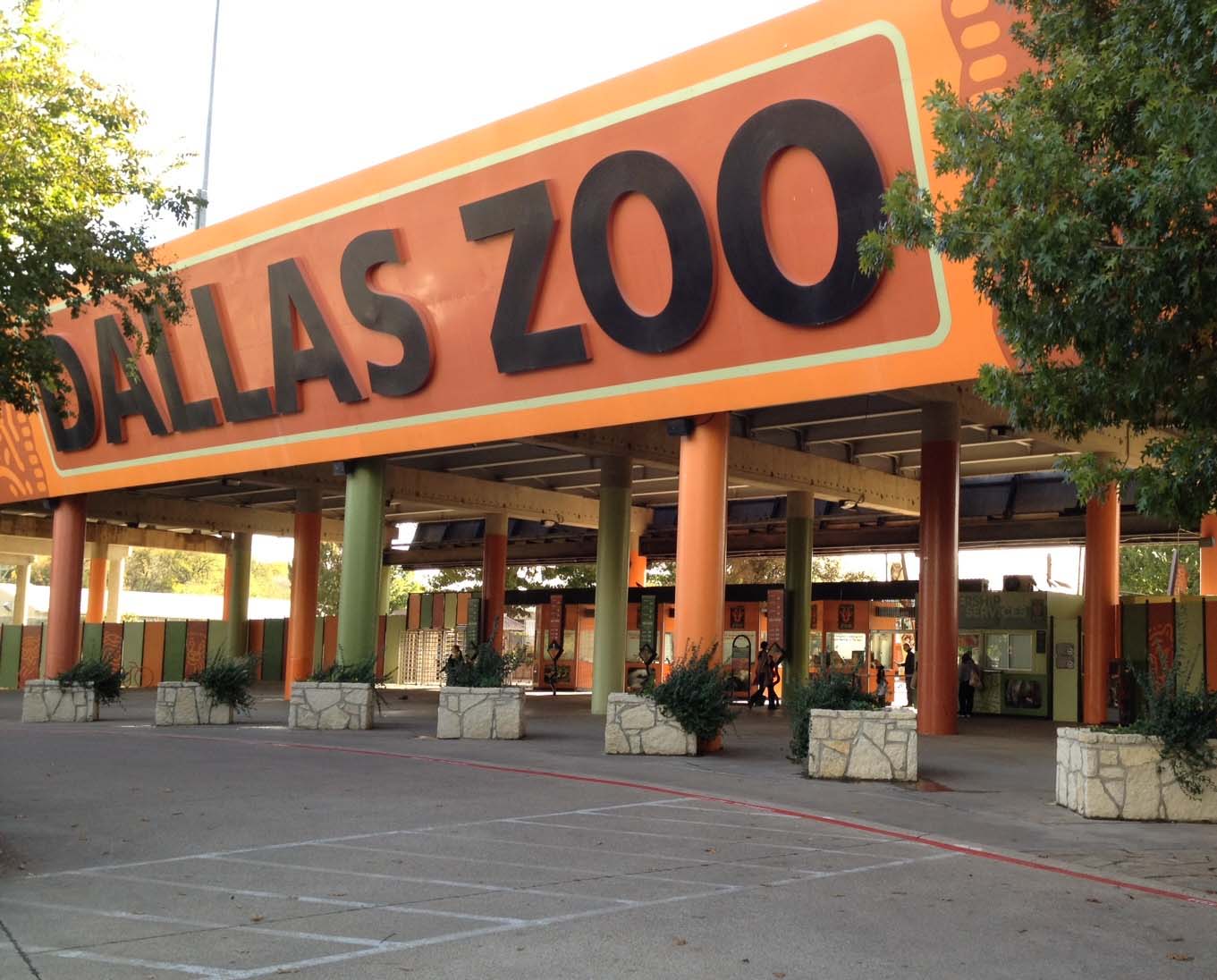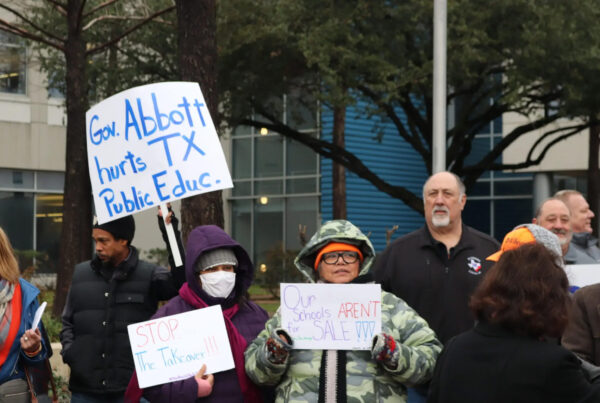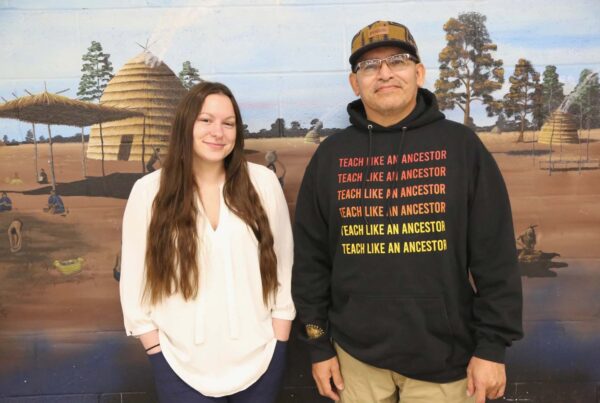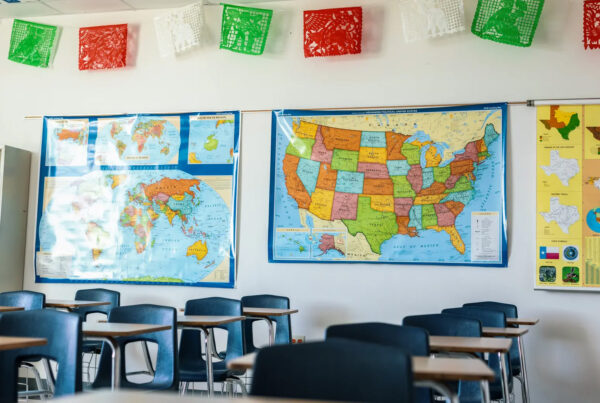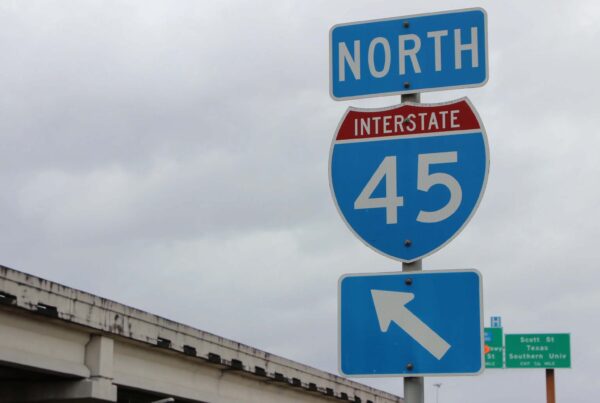Back in January, a clouded leopard went missing from its enclosure at the Dallas Zoo. That incident was the first in a string of crimes at the zoo that made headlines across the country – from stolen monkeys to the death of a vulture.
The Dallas Zoo’s weeks of turmoil were unprecedented. But what does the whole saga mean for zoos and aquariums across the country?
Jamie Landers is a breaking news reporter at the Dallas Morning News. She covered this case since the beginning and she’s spent the last two months putting together a fuller picture of what happened.
Landers said a man was indicted on felony charges this week for his role in the events. Davion Irvin, a 24-year-old, also faces charges of animal cruelty. According to the arrest warrant, Irvin confessed to most of the crimes except for what happened to a vulture that was found dead in its enclosure.
» SEE MORE: Police arrest man in connection with string of Dallas Zoo incidents
“There’s a line in my story that came out yesterday that calls Davion an ‘invisible man,’ because it’s really true. There isn’t a lot of a digital footprint for him to go off of,” Landers said. “So far, he’s only been indicted on those two burglary charges, which are related to the clouded leopard and the stolen monkeys. But we haven’t heard yet what’s happening with these six animal cruelty charges that he also faces, which are only related to the two monkeys.”
The leopard, Nova, was found wandering around zoo grounds the same day she went missing. The two Emperor Tamarin monkeys, Bella and Finn, were found in an empty home in Lancaster with other animals, including cats, two days after their disappearance.
“He kind of created his own personal zoo, allegedly. And so when these animals were found in there, we found out from the people who own the home that it actually wasn’t even the first time they found pigeons and cats and chickens in this house,” Landers said. “But yes, he did allegedly tell the police that this is just the place where he keeps his animals.”
Landers said Nova did not face too many negative side effects from her trip outside the enclosure.
“She was pretty easy to assess because she was found on zoo grounds. So she was examined by a vet that night and she was put right back into her enclosure the next day,” she said. “Zoo staff said if you hadn’t heard what happened the day before, you wouldn’t have noticed that anything was different with her.”
With the monkeys, it was a different story.
“They have really fast metabolisms and they didn’t eat for those two days that they were missing. And so Finn lost 10% of his body weight, and Bella lost about 5%. And these monkeys are only one pound to begin with, so that’s really significant and quite dangerous,” Landers said. “It took about a week for them to gain that weight back. They were in a three-week long quarantine period to make sure they didn’t pick up any diseases from other animals that were in the home that they were found in. But they were eventually put back in their habitat.”
A few days after they returned home, the two monkeys were running around and eating fruit and doing great, Landers said.
The break-ins also changed how the zoo handles security going forward.
» SEE MORE: Monkey thefts, other incidents at Dallas Zoo ‘a message to be vigilant’
“At the Dallas Zoo, before the break-ins began, there were already more than a hundred cameras covering their campus, and they’ve since more than doubled their coverage,” Landers said. “They’ve added solar tower units from Dallas police. They’ve increased their security overnight and they’ve even limited some animals’ ability to roam in the outdoor areas of their enclosures overnight.”
Zoo staff told Landers they’ve consulted with outside security experts. Other zoos and aquariums are also taking stock of their security measures after the string of high profile break-ins in Dallas.
“In terms of other zoos and aquariums, especially in Texas, but also around the country, a lot of them have been open and saying that they’ve been on high alert since these break-ins started,” Landers said. “They’re looking for their own blind spots to make sure that they aren’t caught off guard.”


